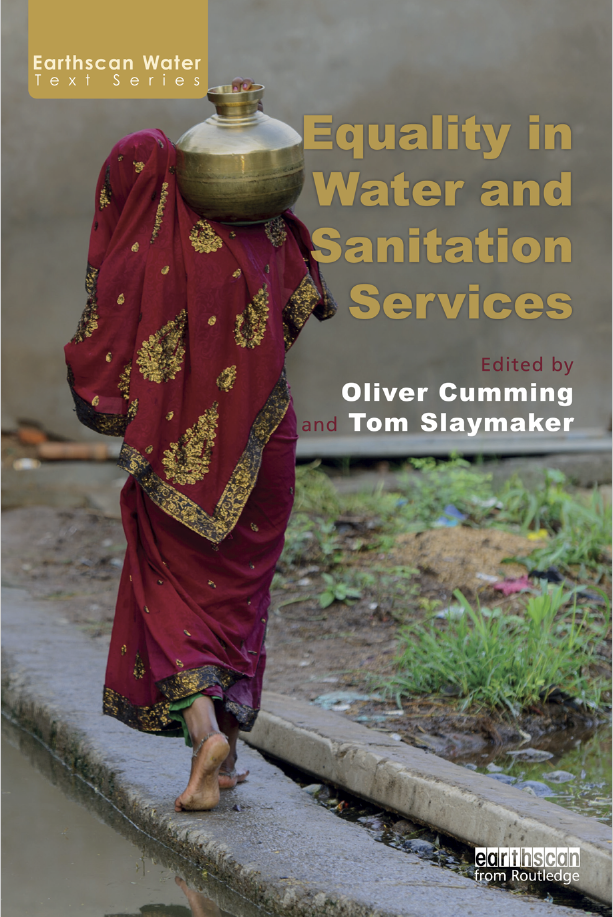

Most ebook files are in PDF format, so you can easily read them using various software such as Foxit Reader or directly on the Google Chrome browser.
Some ebook files are released by publishers in other formats such as .awz, .mobi, .epub, .fb2, etc. You may need to install specific software to read these formats on mobile/PC, such as Calibre.
Please read the tutorial at this link: https://ebookbell.com/faq
We offer FREE conversion to the popular formats you request; however, this may take some time. Therefore, right after payment, please email us, and we will try to provide the service as quickly as possible.
For some exceptional file formats or broken links (if any), please refrain from opening any disputes. Instead, email us first, and we will try to assist within a maximum of 6 hours.
EbookBell Team

4.3
18 reviewsThere is growing acceptance that the progress delivered under the Millennium Development Goal target for drinking water and sanitation has been inequitable. As a result, the progressive reduction of inequalities is now an explicit focus of the Sustainable Development Goal (SDG) targets, adopted in 2015, for universal access to drinking water, sanitation and hygiene (WASH). This shift in focus has implications for the way in which the next generation of WASH policies and programmes will be conceived, designed, financed and monitored.
This book provides an authoritative textbook for students, as well as a point of reference for policy-makers and practitioners interested in reducing inequalities in access to WASH services. Four key areas are addressed: background to the human right to water and development goals; dimensions of inequality; case studies in delivering water and sanitation equitably; and monitoring progress in reducing inequality.